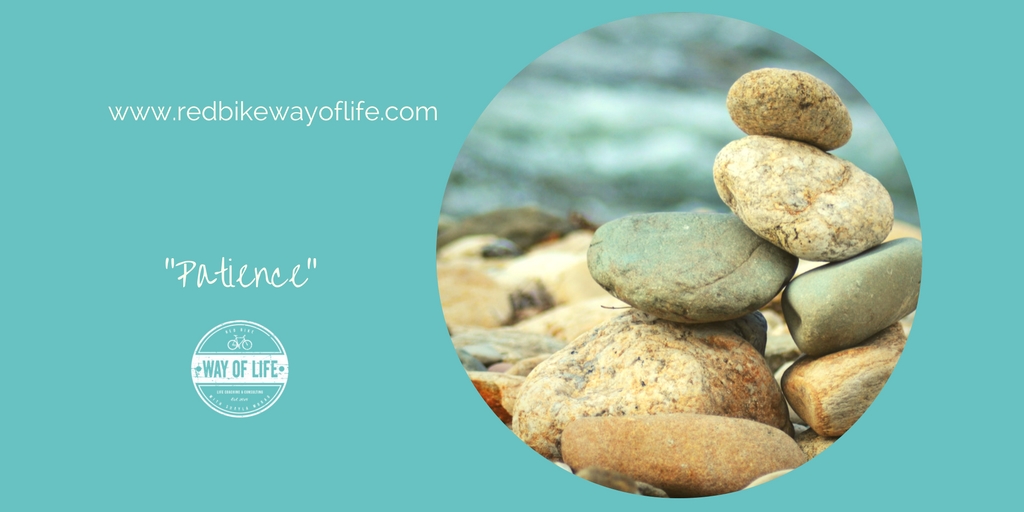Consider these important benefits to having patience:
1. It’s easier to be happy when you’re patient. Impatient people are not experiencing positive feelings. Having patience reduces stress and anxiety. Challenging situations are more manageable when the situation can be approached with patience.
Has being impatient ever benefitted you? How do you feel when you’re impatient? Are you stressed? Happy? Uncomfortable? Are the patient people you know more or less happy than the impatient people you know?
2. Patient people are healthier. The stress that impatient people feel is hard on the mind and body. Those that feel less stress suffer from fewer medical issues. Heart conditions, ulcers, and many other health conditions are made more serious by stress. You can potentially live longer and enjoy yourself more if you’re patient.
3. You can accomplish larger goals. Big goals require time. Time requires patience. Big goals are impossible without some measure of patience. Consider how your impatience has short-circuited your success in the past.
4. Some things are outside your control and patience smooths the journey. Overcoming an illness or injury can’t be sped up by sheer will or impatience. A pregnancy requires a certain amount of time. Getting over a personal loss or tragedy takes time. Losing several pounds can’t happen overnight.
5. You’ll make better decisions. Impatient people don’t take the necessary time to make wise decisions. Impatient people are stressed, and stressed people tend to be impulsive. Patience provides the time and space to contemplate the situation and make a wise decision.
Make a list of the times when impatience has cost you. Consider your personal relationships, work, and finances. Impatience leads to poor decisions. Remind yourself of those times you’ve made your life more challenging by being impatient.
It’s possible for anyone to develop patience. Follow these steps:
1. Set short goals. For example, attempt to spend the next hour being the most patient person you’ve ever known. Avoid letting anything bother you during this period of time. Extend the time as you’re able.
2. Pause before everything you say and do. Do you want to get off the couch and raid the refrigerator? Make yourself wait 15 minutes. Are you ready to interrupt a conversation to make yourself heard? Wait until the conversation has concluded before speaking. Slow down and practice patience at every opportunity. The average day will provide plenty of practice!
3. Determine when you’re least patient. When do you find yourself unable to control yourself as well as you’d like? Focus your attention on these trouble spots. Aim for slow, steady progress. Avoid expecting perfection or making too many demands on yourself. Slow and steady wins the race.
4. Notice your thoughts when you’re impatient. What do you think about when you’re feeling impatient? Notice your thoughts and change them. You can choose to think about anything you’d like, so think about something that encourages you to be patient.
Patience is a character trait worthy of cultivation. Many confuse patience with weakness or passivity. But patience is an intelligent reaction to a situation that’s outside the realm of control. Impatience can be unhealthy, create additional challenges, and make you miserable in the process. Which do you choose?


